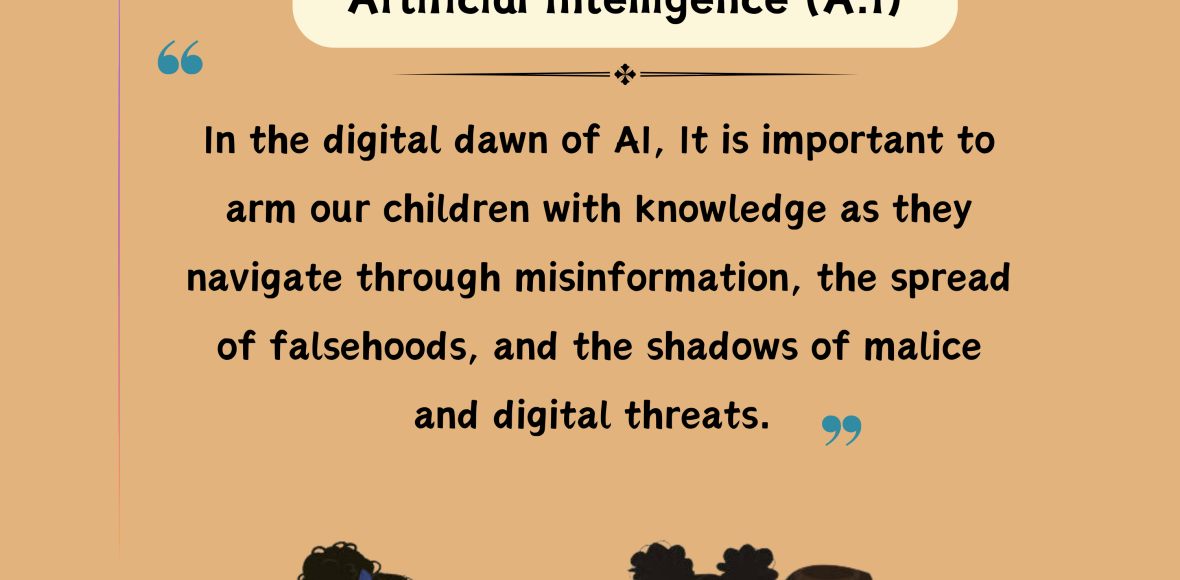
People from all walks of life have responded to artificial intelligence (AI) in different ways since its inception, and due to its many emerging benefits and drawbacks, parents and children in African nations have expressed a great deal of interest in this tool. Will school-age children still rely on their innate ability to think critically and judgment when completing assignments? How might artificial intelligence affect their social lives and academic pursuits? What impact will disruptive technology have on employment prospects? Will employers still require professionals in the market?
Over time, we have seen massive technological disruptions that have altered the functionality norm in most African countries. Scientists have worked tirelessly over the years to make life easier and more sustainable in the twenty-first century. While many people express disappointment, dissatisfaction, hopelessness, and fear, it is past time for us to accept that we live in a dynamic world where we must keep up with technological advancements. On the other hand, advancements can be harnessed in ways that positively impact lives, resulting in excellence and transformation.
To understand AI, one must distinguish between traditional AI and Generative AI tools. Traditional AI specifically performs tasks intelligently while making decisions and conclusions based on the data fed into the tool. The latter is capable of generating new ideas based on existing ones.
With many concerns expressed by parents, guardians, and even scientists about the effects of AI on children in African countries, it is critical that the children are made aware of the consequences. Misinformation, the spread of false information, and malice are some of the major technological threats they face before reaching the age of consent.
There is also a side effect of AI outperforming the human brain that leads to dependency syndrome. Children, like anyone else, would go to school to learn with the goal of fending for themselves and gaining self-reliance, ideally through a white-collar job that pays well. Despite this, AI poses a threat to many employers, who will likely opt for cheap labor with minimal supervision.
However, most parents and children have come to the point of realization that AI is here to stay and is now fixed in matters of school, normal livelihood and personal lives. As a result, sensitization efforts in all African countries, including parents and children are required to improve familiarity with the tool, as it is a new emerging trend aimed at making life easier.
African children in Kenya, Zambia, South Africa all the way to Harare, Zimbabwe’s top literacy region, and other peripheral groups not listed in the Heart of Africa must be considered even as new AI tools are introduced. This will strengthen unity, an aspect of unity of purpose, and propel us toward a goal of inclusivity.
By Arnold Fedha

Leave a Reply